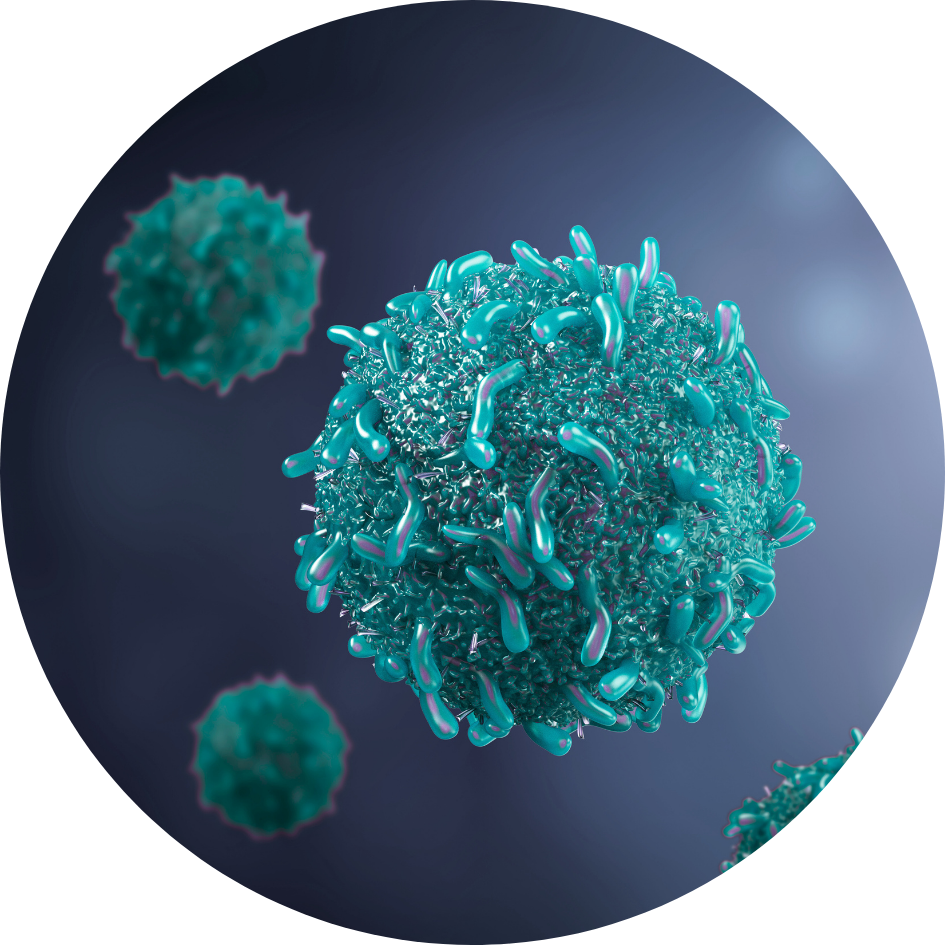This technique is based on the variation of a single nucleotide at a given position (Single Nucleotide Polymorphisms), which can lead to functional changes in the genes and proteins resulting from the modified amino acid sequence. By offering genome-wide analysis, GenoScreen can help you identify unknown genotype-phenotype associations or genetic variations that are already known.
This email address is being protected from spambots. You need JavaScript enabled to view it.
In what context should microsatellite genotyping be carried out?
Since SNPs can be found in any type of genome, genotyping them can be of interest in a wide range of applications. Our team is used to working on a wide range of problems, and can help you choose the best technique to meet your needs.
GenoScreen offer
Our services are tailored to your needs. We can use assays already available in databases, or identify and target SNPs of interest from sequencing data (with or without a reference genome).
Genotyping by qPCR
qPCR is used to identify genetic variations such as SNPs by specifically amplifying DNA sequences. This genotyping is based on methods such as TaqMan probes, which offer precise discrimination of alleles, or KASPar competitive PCR, which is more economical for large-scale or recurrent analyses.
These two methods for identifying genetic variants operated by GenoScreen will be proposed to you depending on the purpose and recurrence of your project. Our team can also help you design a genotyping kit.
A tailored approach to meet your needs
We work with you to plan all the stages required to bring your project to a successful conclusion, whatever your constraints in terms of number of samples or targets, timeframe and cost.
This email address is being protected from spambots. You need JavaScript enabled to view it.

Genotyping by sequencing

These technologies are commonly used in population genetics, conservation biology and ecology projects. It is not necessary to have access to a reference genome to carry out the analysis.
The data obtained can be used to identify SNPs as genetic markers, perform population structure and/or phylogenetic analyses.
This email address is being protected from spambots. You need JavaScript enabled to view it.
Sanger
Thanks to its reliability and accuracy, Sanger sequencing remains the reference method when it comes to verifying uncertain qPCR results or confirming mutations observed by high-throughput sequencing.


